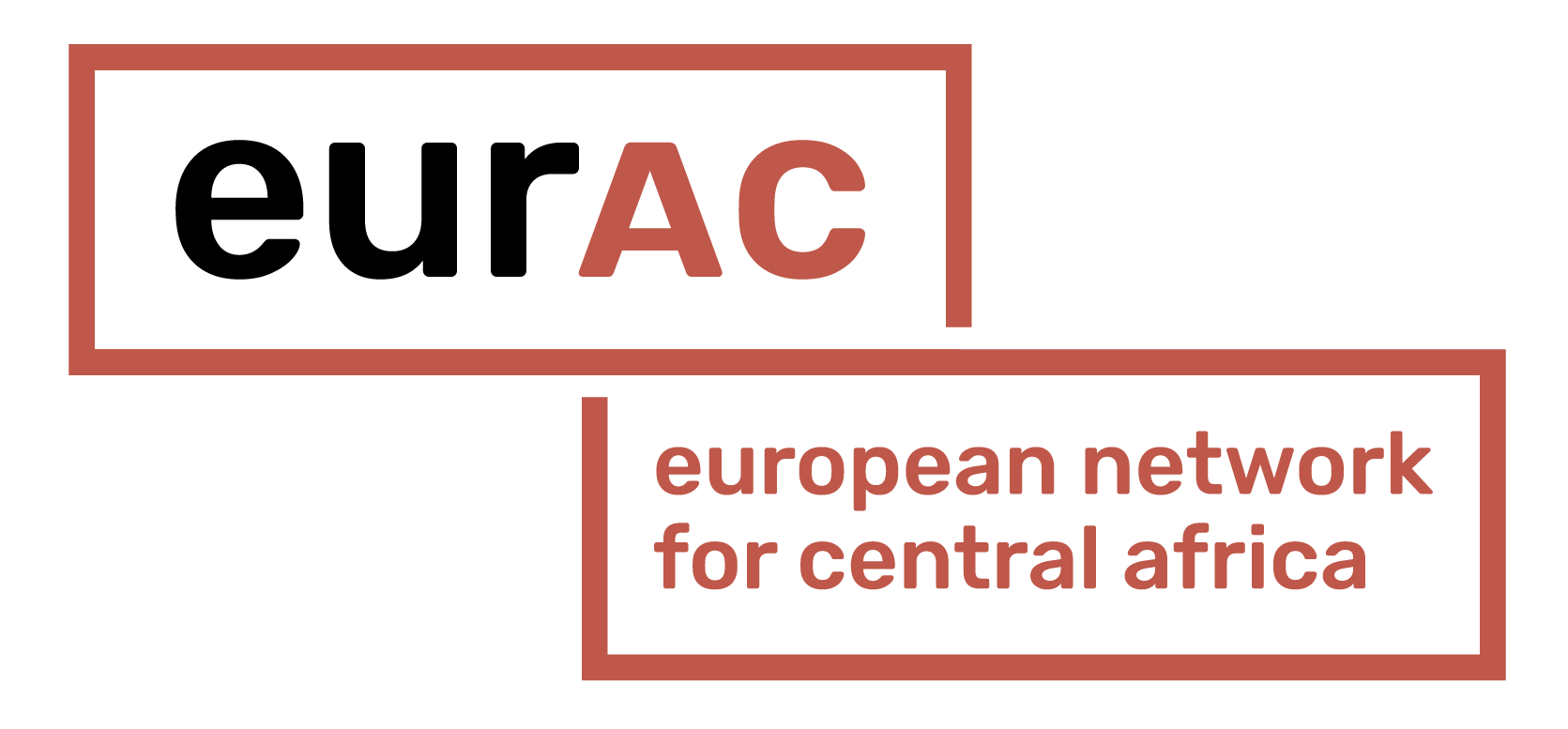Electoral process in DRC: time for the European Union to decide on targeted sanctions at next Foreign Affairs Council
The European network for Central Africa (EurAc) urges EU Foreign Affairs ministers to act to prevent further escalation of violence and abuse in the pre-electoral context in the DRC
In order to prevent a dangerous increase of violence in DRC after the recent violence that took place in mid-September in Kinshasa, EurAc urges the Foreign Affairs ministers of the European Union (EU) meeting next Monday 17 October at the EU Foreign Affairs Council (FAC) to take strong and concrete action by applying targeted sanctions against senior Congolese officials and security force officers most responsible for the violent repression and human rights violations. This action is even more important and relevant as it would intervene two days before the upcoming street demonstrations called by the Opposition group “Rassemblement” for 19 October.
As already stressed in EurAc’s latest reaction, the recent clashes on 19 and 20 September in Kinshasa, which left an estimated 50 people dead and many more wounded or disappeared, were an eye opener for a number of EU member states that had so far shown some reluctance or even opposition to using a strong message towards the DRC government and the individuals responsible for violence and abuse. Indeed, following the reaction of French Minister of Foreign Affairs Jean-Marc Ayrault calling for EU sanctions, few other EU countries including Belgium and the United Kingdom, reacted publicly denouncing the violence and calling for the EU to impose targeted sanctions. Shortly after, the EU reacted publicly in the same terms, including calling for individual responsibility of Senior Congolese officials in charge of justice & security institutions. The European Parliament has also recently expressed its position in that direction. But so far, no such measures have been undertaken.
‘EurAc recently documented how the by now inevitable postponement of elections in the DRC, as a result of President Kabila’s strategy to remain in power after his mandate ends, poses an acute threat to democratization in the DRC. Renewed instability in this country not only affects the wider Great Lakes region, but also risks undoing Europe’s deep investment in peace-building and development in the country and region’ said Donatella ROSTAGNO, EurAc Director.
Next Monday, the political crisis in DRC and EU sanctions will be discussed at the FAC meeting: this is the perfect opportunity for the EU to show its strong commitment to support democracy and the protection of human rights in the region, which constitutes the true added value of European cooperation compared to the approach of the DRC’s other international partners. It is also a crucial moment to avoid a new large-scale security and humanitarian crisis in the Great Lakes region. And for the EU, there is still some time left to act before the key date of 19 December when President Kabila is supposed to step down.
EurAc is therefore calling on the EU ministers to take concrete action to help prevent an escalation of violence and abuse in Congo. We therefore urge EU Foreign Affairs ministers to:
- Publicly announce that it will implement targeted sanctions – including visa bans and assets freezes – against senior Congolese officials and security force officers most responsible for the violent repression and human rights abuse, as well as for blocking the organization of the electoral process;
- Communicate in a much stronger and more coherent way to the Congolese authorities about EU’s engagement and determination to defend the compliance with the articles of the Congolese Constitution that enshrine the principle of democratic change of government, such as the number and duration of authorised presidential mandates, or the method of holding presidential elections (Articles 70 and 220); Express more strongly the EU’s refusal to see President Kabila remain in power beyond 2016 by seeking a third term and/or through a “glissement” of the electoral process. The EU must communicate clearly and forcefully to the Congolese government its grave concern that these above-mentioned articles of the Congolese Constitution be fully adhered to in a timely manner, and that failure to do so will have significant consequences for EU-Congo relations;
- Advocate for a new and inclusive dialogue between the opposition and the majority as the ongoing political dialogue facilitated by African Union nominated Mr. Edem Kodjo is not inclusive and has lost the trust of many Congolese social and political actors. At the same time the EU must call for the identification of an independent facilitator who would enjoy the trust of both the majority and the opposition and who would have the role of finding convergence of positions among the different social and political forces in the country;
- Communicate in a much stronger and more coherent way about the EU’s engagement and determination to defend the rights and freedoms of Congolese citizens, such as freedom of expression, association and assembly; Condemn the policy of arresting and detaining political opponents, human rights defenders and members of civil society, and demand the immediate and unconditional liberation of all prisoners of conscience, as well as drop all charges against them;
- Use its diplomatic influence to put pressure on the United Nations Security Council members, notably on the permanent or temporary EU member states, to undertake an independent inquiry into the killings of Beni and Lubero, which would not undermine local community conflict management initiatives but would come in support of those;
- Communicate that it has a zero tolerance policy for excessive use of force and incitement to violence by security force troops and officers who are receiving training or other support from the EU or member states, and be prepared to cut such support if these troops or officers are found to be responsible for excessive use of force or incitement to violence.
For media inquiry and/or more information please contact:
Julie Capoulade – EurAc Comms & Advocacy Officer
julie.capoulade@eurac-network.org
Office: +32 2 725 47 70
Mobile: +32 499 81 01 77

